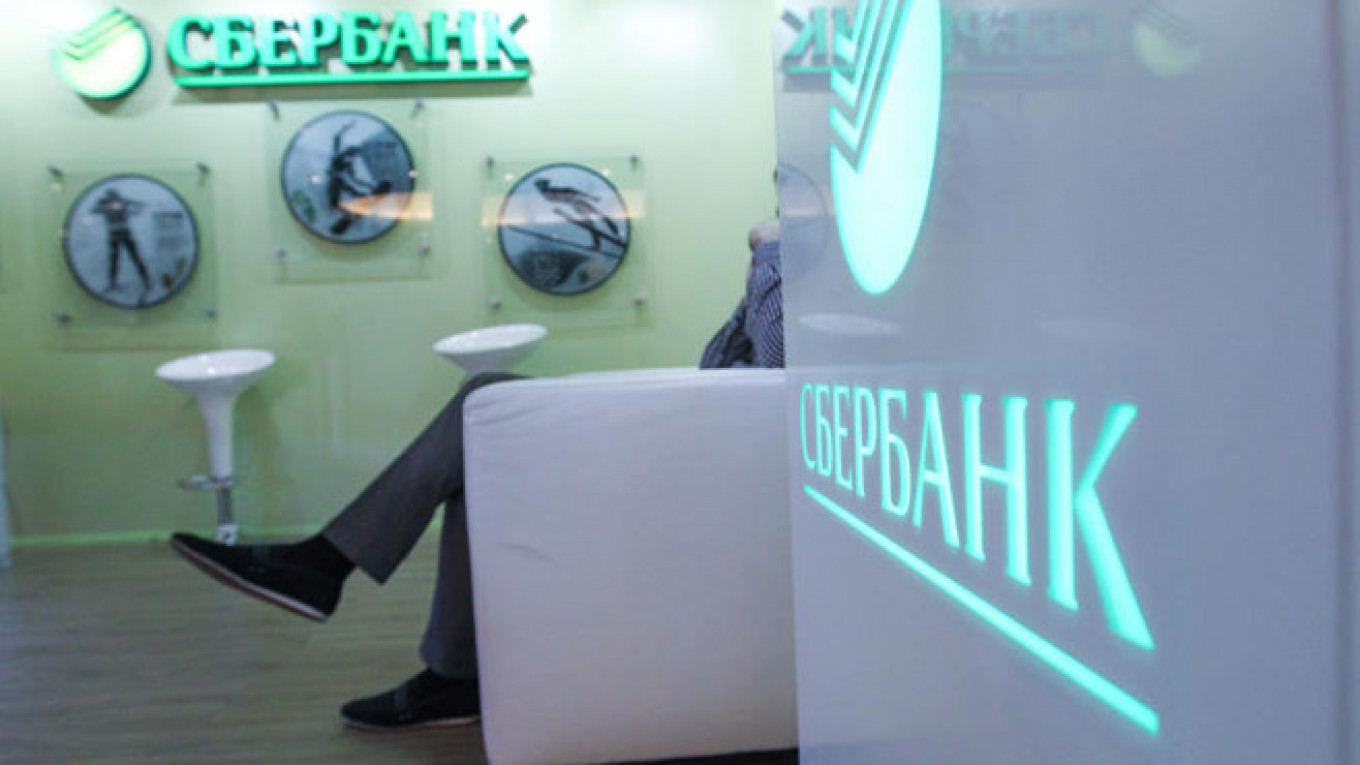BUDAPEST — Russia's Sberbank considers Hungary a "very difficult market" due to government policies, including tougher-than-expected new measures on foreign currency loans, a senior executive said.
Russia's largest lender operates in nine countries in Central Europe after buying a network from Austria's Volksbanken AG two years ago.
It sees good business opportunities in the Czech Republic and Slovakia as both are expanding markets where taxes on banks are contained, said Andras Hamori, a member of the management board of Sberbank Europe AG and in charge of retail banking.
After years of sluggish growth, Hungary's economy was also gathering speed, which was good news for banks, but the regulatory environment posed many challenges, which warranted caution, he told Reuters.
"So when a shareholder decides where to deploy capital he obviously has to look at the potential return, and Hungary here does not rank on the top, more like the opposite side," Hamori said in an interview in Budapest on Monday.
Hungarian Prime Minister Viktor Orban's government has imposed hefty special taxes on the country's banks since 2010. It is now planning new measures to help borrowers who took out foreign currency loans, mostly in Swiss francs, before the global financial crisis but have been caught out as the forint weakened after 2008.
The measures could force further big losses on banks.
The government on Friday submitted a bill to parliament that will cut bank charges on foreign currency-denominated mortgages and also forint-denominated loans. A senior central banker said the new legislation could cost 2 billion to 3 billion euros to the banks in paybacks to clients, more than analysts had estimated.
Hamori said Sberbank was still assessing how the legislation would affect its Hungarian unit.
"There are new elements by the lawmakers which are something we were not expecting and I think no one could have expected to this magnitude," he said.
Hamori said the government had not indicated beforehand that the bill would also cover forint-denominated loans.
"That's a new element. I think it was a surprise, to us as a shareholder was a surprise, yes," he said, adding that the overall environment in Hungary was "very challenging."
Springboard
He reiterated that Sberbank was not planning any acquisitions in central Europe in the next two years as it was consolidating its business there, which was an international foothold for the bank.
"This is the first major international acquisition. And I do believe that it makes a lot of sense from Sberbank's point of view to buy an asset … and try to build it organically."
"You have to have a management team who you can trust, who you can give more capital, or buy in future … in two years' time, bigger assets and other transactions — and you just do not rush into something unprepared and unknown," he said.
Sberbank aimed to boost its market share in Central Europe to about 5 percent by 2018, he said. In terms of total assets the bank had a 2.1 percent market share last year, while in total loans it had 2.9 percent of the market, the bank said.
It will use its leverage from being Russia's largest bank, aiming to support Russian businesses in the region and providing services for companies who export goods to Russia, Hamori said.
"I would see Russian economic interest picking up here in CEE and obviously as a bank we have to support and we will be one of the key beneficiaries of this," he said.
See also:
European Central Bank to Track Sberbank and VTB's Austrian Branches
A Message from The Moscow Times:
Dear readers,
We are facing unprecedented challenges. Russia's Prosecutor General's Office has designated The Moscow Times as an "undesirable" organization, criminalizing our work and putting our staff at risk of prosecution. This follows our earlier unjust labeling as a "foreign agent."
These actions are direct attempts to silence independent journalism in Russia. The authorities claim our work "discredits the decisions of the Russian leadership." We see things differently: we strive to provide accurate, unbiased reporting on Russia.
We, the journalists of The Moscow Times, refuse to be silenced. But to continue our work, we need your help.
Your support, no matter how small, makes a world of difference. If you can, please support us monthly starting from just $2. It's quick to set up, and every contribution makes a significant impact.
By supporting The Moscow Times, you're defending open, independent journalism in the face of repression. Thank you for standing with us.
Remind me later.






